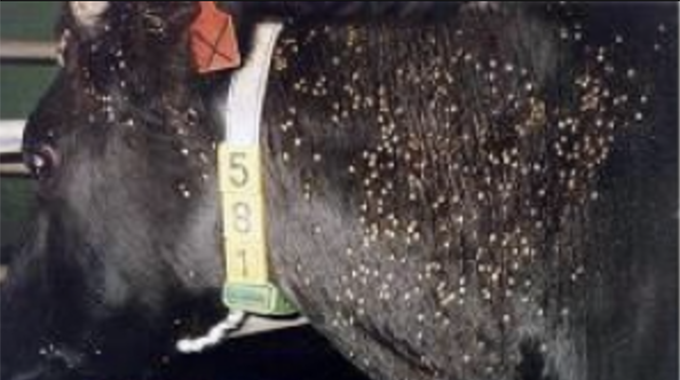Source: Tick borne diseases under control | The Herald
Precious Manomano Herald Reporter
There is a significant improvement in the burden of tick borne diseases and cattle deaths due to continuous high temperatures and dry conditions, Midlands provincial veterinary director Dr Martin Sibanda has said.
Dr Sibanda said heavy rains had triggered tick borne disease outbreaks in livestock last month.
During the wet season, animals are susceptible to many challenges, and if a farmer is not careful, they may be killed by various diseases including tick borne diseases.
January Disease is common between December and March and is spread through the bite of the brown ear tick. Several provinces have been affected by tick-borne diseases, particularly Theileriosis, red water, heart water and gall sickness.
He said farmers are also in the right track intensifying dipping sessions to get rid of ticks.
“Tick borne diseases usually attack livestock during wet weather and dipping chemicals are usually diluted with rains. We are seeing a reduction of tick borne diseases in Zvishavane (Dorowa area) and Mberengwa compared to last month where we were getting continuous rainfall,” he said.
He said last month about 200 cattle succumbed to tick borne disease in Midlands.
Dr Sibanda said farmers should continue making use of three dipping sessions every two weeks.
He said Government and private players are also assisting in dip tank rehabilitation as a way of curbing tick borne diseases.
Tick-borne diseases are caused by deadly blood parasites spread from one animal to another by ticks. The tick-borne diseases that affect livestock in Zimbabwe are January, Red water, Gall sickness, heart water and they account for 20 to 30 percent of recorded cattle deaths annually.
The peak period for tick borne diseases is in the hot wet season, which presents ideal environmental conditions for breeding of ticks. Farmers are advised to start intensive dipping (weekly dipping) beginning of November to interrupt the breeding cycle of ticks and prevent build up tick population in the veld.
The veterinary department also encourages farmers to take their livestock to all dipping sessions provided for by Government in the communal sector, pay their dipping fees to facilitate constant supply of dipping chemicals and not to move tick infested cattle from one area to another as this will aid the spread of tick borne diseases.
During the 2019/20 agricultural season, there were 46 715 tick borne disease cases and 33 514 deaths.
In the 2020/21 period, 25 036 cases were recorded and 12 503 deaths, indicating a major decrease of death by 62.7 percent.

COMMENTS